How Indian Films Took Cannes by Storm—A Timeline of Iconic Wins and Ovations
Every May, the French Riviera transforms into the epicenter of world cinema as the Cannes Film Festival — one of the most prestigious and influential film festivals globally — rolls out its iconic red carpet. And while Instagram is flooded with dazzling fashion moments and star-studded arrivals, Cannes is, at its core, a celebration of storytelling, vision, and cinematic brilliance.
For Indian cinema, Cannes has been more than just a photo opportunity. It’s been a stage for historic wins, powerful debuts, and emotional ovations that have shaped our global cinematic identity. This year, the spotlight turned to Neeraj Ghaywan, whose film Homebound received a nine-minute standing ovation, and the visual of him holding back tears became a defining image of the festival. It wasn’t just about applause — it was about arrival, recognition, and legacy.
Even before India’s independence, our films have made their mark here. Over the decades, Indian cinema has carved a space at Cannes not with spectacle, but with soul. Here’s a look at the milestones that brought us here — moments that went beyond the red carpet and into the heart of world cinema:
1946 – Neecha Nagar by Chetan Anand

At the very first edition of Cannes, an Indian film made history. Neecha Nagar, a powerful social realist drama about class divide, won the Grand Prix (now the Palme d’Or). Inspired by Russian cinema and grounded in Indian realities, this debut moment was a bold declaration: Indian cinema had arrived.
Also Read: A Guide to All The Major Film Festivals in India
1955 – Baby Naaz in Boot Polish
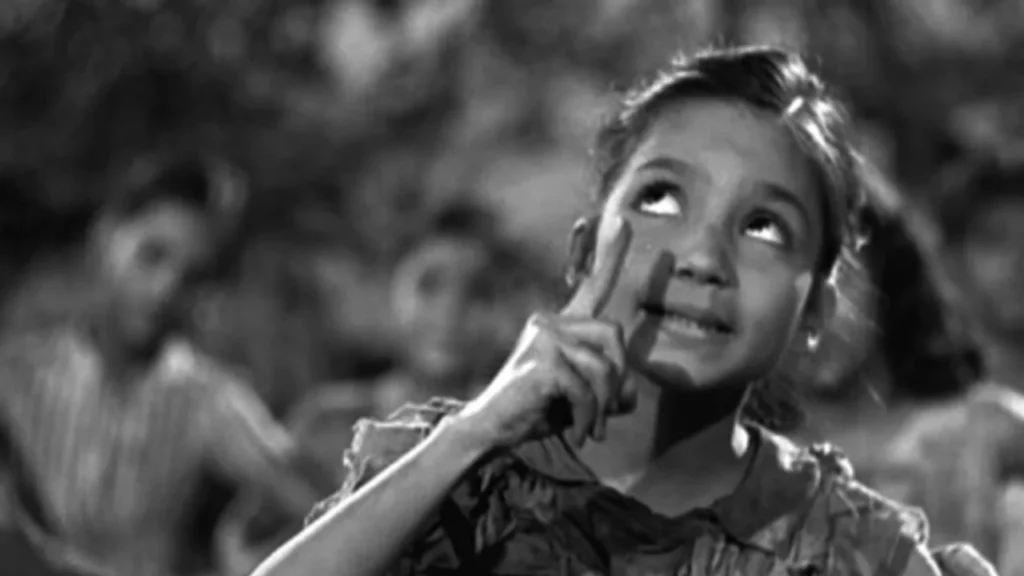
Baby Naaz received a Special Mention for her poignant performance in Boot Polish, portraying a slum child’s struggle with incredible emotional depth. Directed by Prakash Arora and backed by Raj Kapoor, the film offered a moving narrative on poverty and hope.
1956 – Pather Panchali by Satyajit Ray
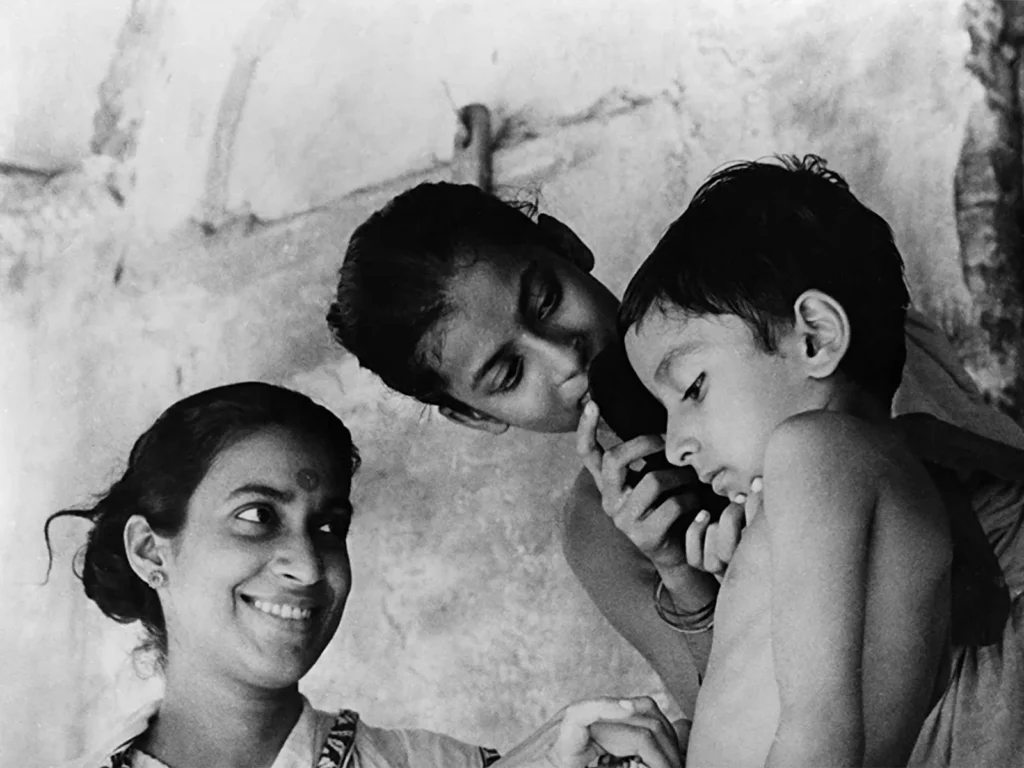
A seismic moment in Indian cinematic history. Ray’s debut film, Pather Panchali, won the Best Human Document award. Its lyrical realism and empathy introduced Indian art cinema to the world. That same year, Rajbans Khanna’s Gotoma the Buddha won a Special Mention in the short film category — a double win for Indian storytelling.
1983 – Kharij by Mrinal Sen
Mrinal Sen’s critique of urban indifference in Kharij won the Jury Prize. Through the story of a young domestic worker’s death in a middle-class household, the film held a mirror to our collective conscience.
1988 – Salaam Bombay! by Mira Nair
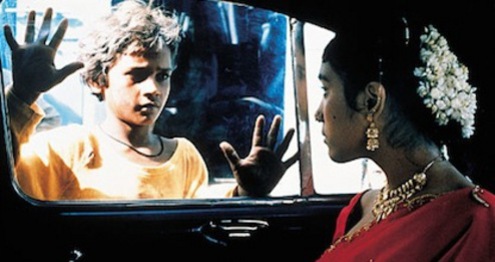
Mira Nair’s debut feature brought the harsh reality of Mumbai’s street children to global attention. It won the Caméra d’Or (Best First Feature) and later earned an Academy Award nomination, marking a landmark moment for Indian independent cinema.
1989 – Piravi by Shaji N. Karun
A haunting Malayalam film about a father searching for his missing son, Piravi, won a Special Mention in the Caméra d’Or category. Quiet and devastating, it brought Malayalam cinema into global focus.
1999 – Marana Simhasanam by Murali Nair
A stark political satire on capital punishment and systemic absurdity, Marana Simhasanam (Throne of Death) won the Caméra d’Or. Its raw storytelling and surreal undertones made it unforgettable.
2015 – Masaan by Neeraj Ghaywan
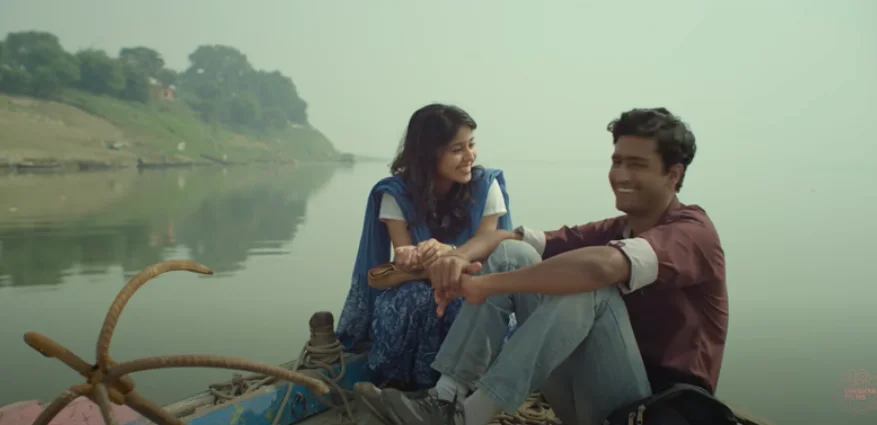
Set in Varanasi, Masaan explored caste, love, and grief with rare sensitivity. It received two major awards in the Un Certain Regard section — the FIPRESCI Prize and the Promising Future Prize — and a standing ovation that marked Ghaywan as a major new voice in Indian cinema.
2021 – A Night of Knowing Nothing by Payal Kapadia
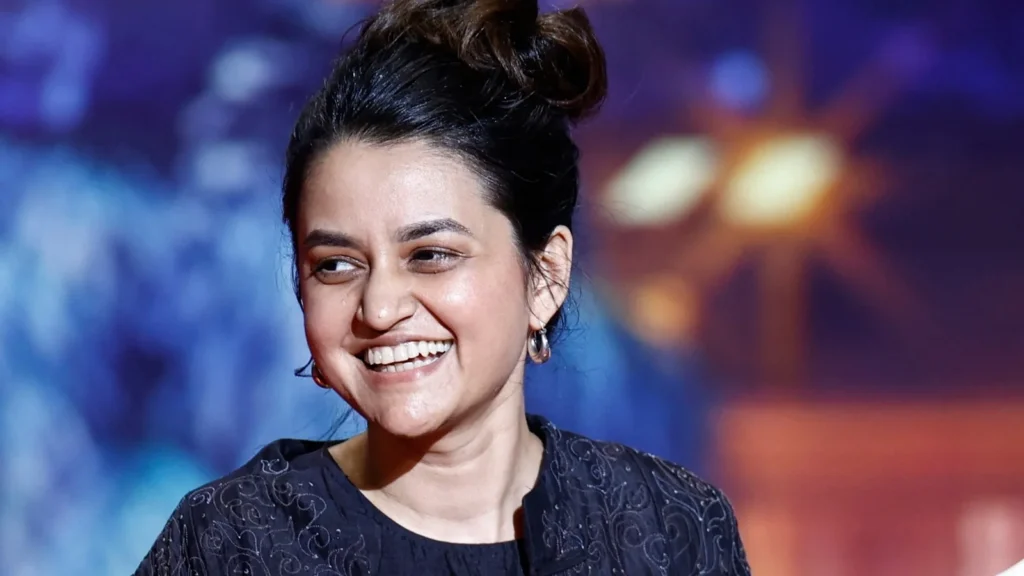
A poetic documentary woven from love letters and student protest, Kapadia’s film won the Golden Eye for Best Documentary. Its dreamlike form and political edge made it a standout piece of contemporary nonfiction.
2022 – All That Breathes by Shaunak Sen
This meditative documentary followed two brothers rescuing birds in Delhi’s smog-choked skies. It won the Golden Eye award and was later nominated for an Oscar, continuing India’s documentary excellence at Cannes.
2024 – A Defining Year for India at Cannes Film Festival
- Payal Kapadia became the first Indian filmmaker to win the Grand Prix — the festival’s second-highest honour — for her debut fiction feature All We Imagine As Light. A quiet, complex portrayal of female friendship and longing in Mumbai, it cemented her place as a major auteur.
- Chidananda S Naik, a student from FTII, won the La Cinef Award for best short film for Sunflowers Were the First Ones to Know…, a surreal adaptation of a Kannada folktale.
- Anasuya Sengupta, the first Indian actor to receive the honor, won Best Actress in the Un Certain Regard section for her role in The Shameless. Her performance was fierce, vulnerable, and unforgettable.
- Santosh Sivan, one of India’s most celebrated cinematographers, was honoured with the Pierre Angénieux Tribute — a global acknowledgment of his visual genius.
Looking Ahead
From the neorealism of Pather Panchali to the experimental intimacy of All We Imagine As Light, Cannes has witnessed the evolution of Indian cinema — not as a single movement, but as a multitude of voices, styles, and regional identities. The journey continues, powered by storytellers who dare to dream beyond borders.
Indian cinema doesn’t just walk the red carpet at Cannes. It speaks. It moves. And increasingly, the world is listening.

I can’t stop talking about films, so I blog!
I started The FourthWall, my film blog, to share my thoughts on films and shows with fellow movie buffs, and over the years it has become my happy place. Come join in for some interesting conversations on cinema… and sometimes books and fashion!

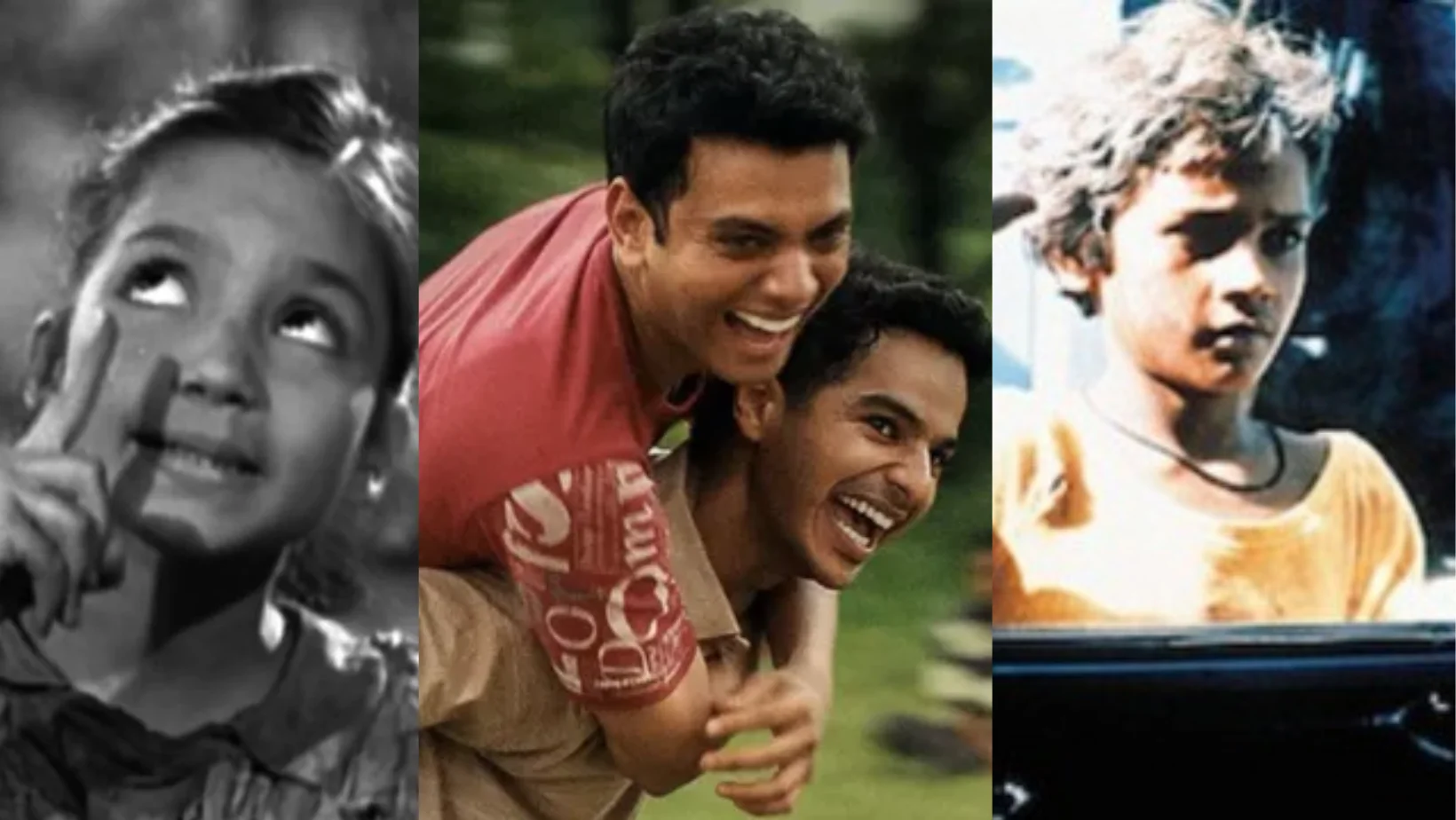




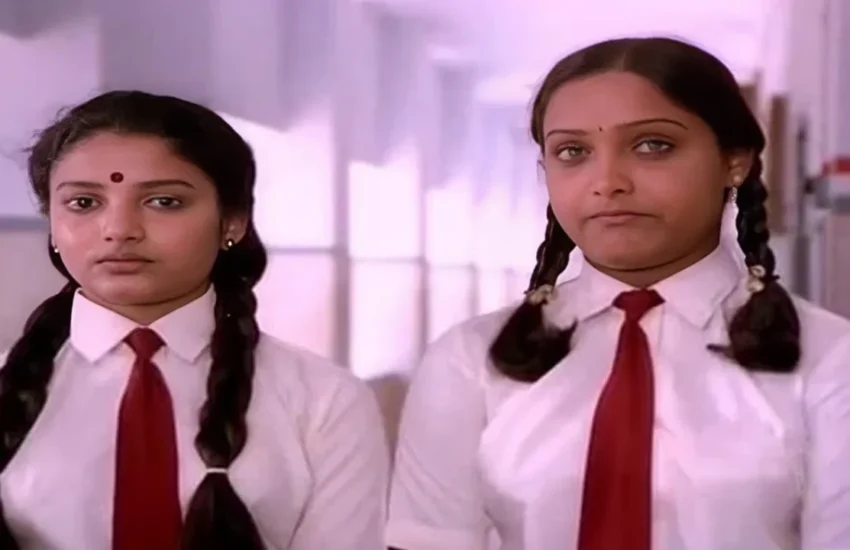
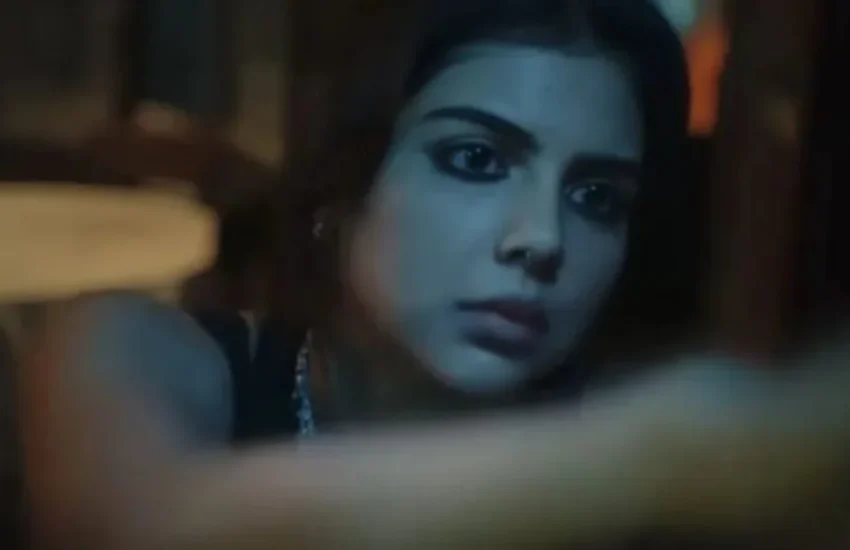

One thought on “How Indian Films Took Cannes by Storm—A Timeline of Iconic Wins and Ovations”